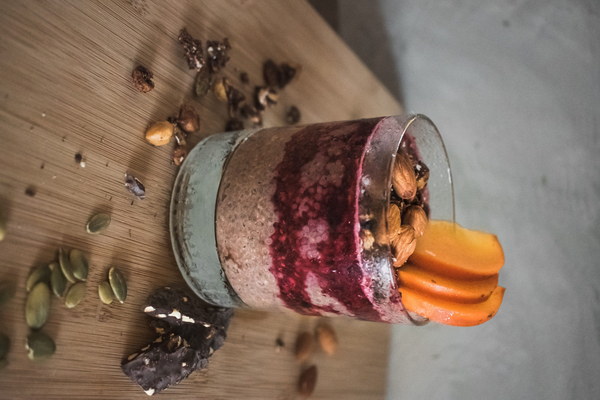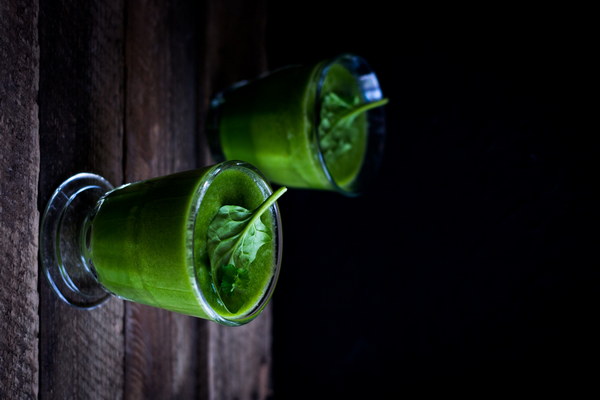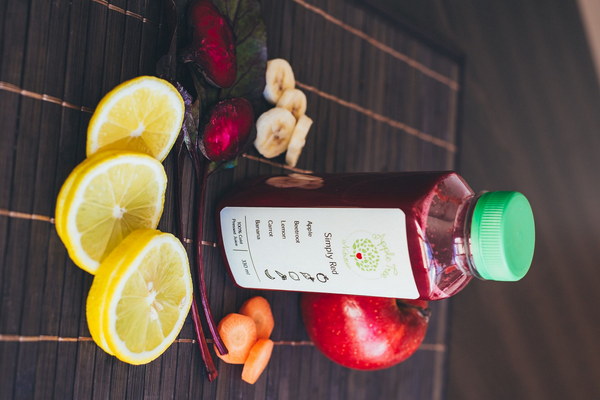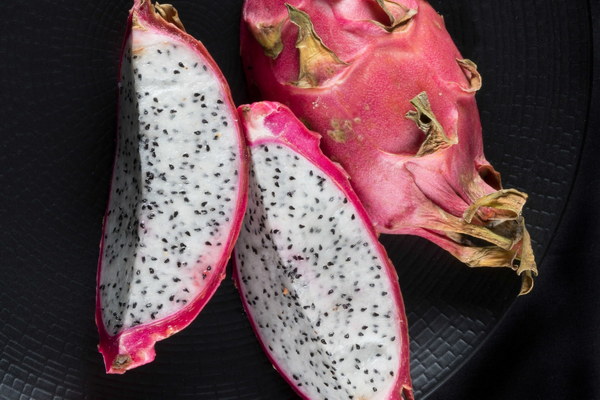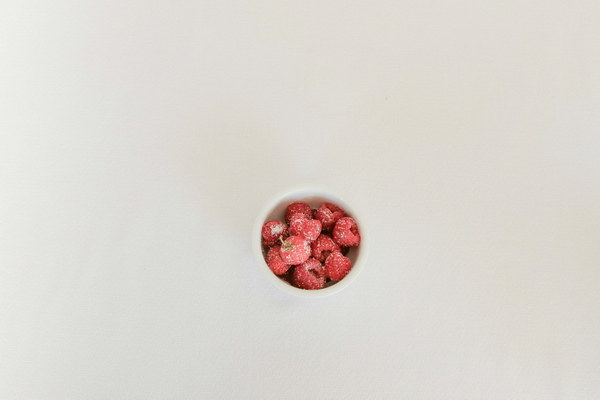The Paradox of Nourishing and Damaging the Kidneys A Balanced Approach to Renal Health
In the pursuit of good health, there is often a paradox that arises: while we strive to nourish our kidneys, we may inadvertently damage them. This article explores the concept of one side nourishing and one side damaging the kidneys, and offers a balanced approach to renal health.
Kidneys are vital organs responsible for filtering waste products from the blood, regulating fluid balance, and maintaining electrolyte levels. However, due to various factors such as lifestyle, diet, and medication, kidneys can suffer from damage or dysfunction. The paradox lies in the fact that some practices intended to improve kidney health might actually have adverse effects.
Let's delve into some common scenarios that exemplify this paradox:
1. Excessive consumption of protein: While protein is essential for muscle repair and overall health, excessive intake can strain the kidneys. High-protein diets can lead to an increase in acid levels in the body, which, in turn, can cause kidney damage. However, reducing protein intake to the extreme may also lead to malnutrition and weaken the immune system.
Solution: Aim for a balanced diet that includes a moderate amount of protein. Consult with a healthcare professional or a registered dietitian to determine the appropriate protein intake for your individual needs.
2. Over-the-counter pain relievers: Nonsteroidal anti-inflammatory drugs (NSAIDs), such as ibuprofen, are commonly used to alleviate pain and inflammation. However, prolonged use of NSAIDs can cause kidney damage. On the other hand, avoiding pain relief altogether may lead to worsened symptoms and a decline in quality of life.
Solution: If you need to take NSAIDs, do so under the guidance of a healthcare professional. They can help you determine the appropriate dosage and duration of use. Additionally, consider alternative pain management strategies such as physical therapy, acupuncture, or natural remedies.
3. Dehydration: While staying hydrated is crucial for kidney function, excessive fluid intake can also strain the kidneys. When the kidneys are unable to filter excess fluid, it can lead to a condition known as hyponatremia, which can be life-threatening.
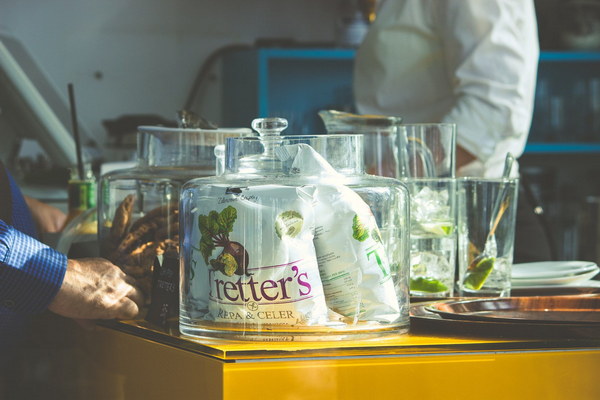
Solution: Aim to drink enough water throughout the day to maintain a urine output of about 1.5 liters. Consult with a healthcare professional to determine the ideal fluid intake for your specific circumstances.
4. High salt intake: A high-sodium diet can contribute to hypertension, which is a leading cause of kidney damage. However, completely eliminating salt from the diet can lead to deficiencies in essential nutrients and affect taste perception.
Solution: Aim for a balanced diet that includes moderate amounts of salt. Use herbs, spices, and other flavor enhancers to add taste without relying on excessive salt. Consult with a healthcare professional for personalized dietary recommendations.
In conclusion, the concept of one side nourishing and one side damaging the kidneys highlights the importance of maintaining a balanced approach to renal health. By understanding the potential risks and benefits of various practices, individuals can make informed decisions to support their kidney function. Always consult with a healthcare professional for personalized advice and guidance on maintaining optimal kidney health.



